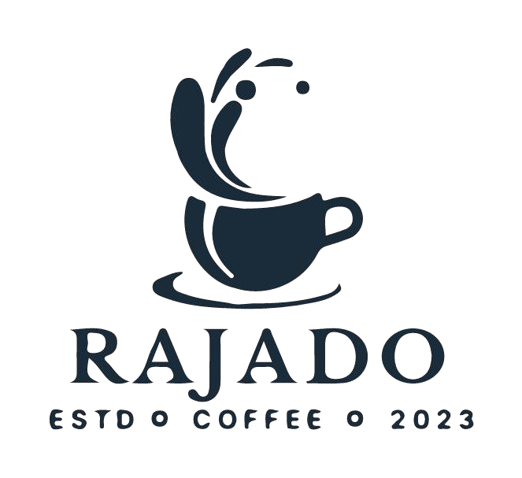Rajado Blogs
Main menu
Decaf Coffee - What you need to know

Share
As coffee lovers, we don’t always drink coffee just for the effect the caffeine has on our energy levels. Some of us just love the taste of coffee. But what if we want all the taste without the caffeine? Decaf! So, what are decaf coffee beans and what do we need to know to ensure we’re choosing our decaf beans wisely?

A Brief History of Decaf Coffee
Did you know that decaf coffee has a long history, dating back to the early 20th century. The first commercially successful decaffeination process was developed by Ludwig Roselius, a German coffee merchant. In 1906, Roselius discovered that soaking green coffee beans in brine and then using a solvent, benzene, could remove caffeine.
Although benzene is now known to be a carcinogen and is no longer used, this discovery paved the way for the development of safer and more effective decaffeination methods.
Decaffeination Processes
Today, several methods are used to decaffeinate coffee beans, each aiming to preserve the beans' flavour while effectively removing most of the caffeine.
Solvent Method
Direct: This traditional method involves steaming the beans to open their pores and then rinsing them with a solvent like methylene chloride or ethyl acetate. The solvent binds to the caffeine, which is then extracted from the beans. Afterward, the beans are steamed again to remove any remaining solvent traces.
Indirect: In this method, beans are soaked in hot water to dissolve the caffeine. The water is then separated from the beans and treated with a solvent to remove the caffeine. Finally, the caffeine-free water is reintroduced to the beans to reabsorb the lost flavours.
Here at Rajado Coffee, we only offer Decaf coffee that has been decaffeinated using chemical-free processing methods. We are sure you can deduce why. So what methods should we be looking for?:
Swiss Water Process
This chemical-free method relies on solubility and osmosis. Green coffee beans are soaked in hot water, allowing caffeine and other soluble compounds to dissolve. The caffeine is then removed using activated carbon filters. The flavour rich, caffeine-free water is reused to decaffeinate new batches of beans, preserving the coffee's original taste. You can read more about this process here: https://www.swisswater.com
Mountain Water Method
Developed by Descamex in Mexico, this process uses mountain glacier water to extract the caffeine. The process involves soaking the beans in the pure mountain water allowing the caffeine and coffee solids to dissolve. The water is then passed through activated charcoal filters to remove the caffeine. The caffeine-free water is then used to decaffeinate a new batch of beans.
Carbon Dioxide Method
This modern technique uses supercritical CO2 as a solvent. The beans are soaked in water, then exposed to CO2 at high pressure. The CO2 selectively binds to the caffeine molecules, which are then removed, leaving the flavour compounds intact. Chemical free!

Choosing the Best Decaf Coffee Beans
Check the Decaffeination Method:
Opt for beans decaffeinated using the Swiss Water Process, Mountain Water Method or CO2 method for a cleaner and more natural coffee, free of chemicals.
Look for Freshness:
Just like decaf’s fully-caffeinated counterpart, freshly roasted decaf beans produce a better-tasting brew. Check the roast date and choose beans roasted within the last few months. It goes without saying that opting for whole beans over pre-ground decaf is also very important.
Top tip: decaffeinated coffee is slightly more fragile and goes stale quicker to take extra care with your freshness.
Consider the Origin and Roast Level: The origin of the coffee imparts different flavours and nuances into the beans; explore different origins to decipher what flavour notes suit you best. The roast level will have a large impact on the resulting coffee too. Expect bigger bodied, dark-chocolate notes from medium-dark roasts, and brighter, more milk chocolatey notes from lighter roasts.
Conclusion
Decaf coffee beans offer an awesome way to enjoy the rich and complex flavours of coffee without the stimulating effects of caffeine. Whether you’re sensitive to caffeine, looking to improve your sleep, or simply enjoy a cup of coffee at any time of the day, decaf coffee provides a versatile and enjoyable option. By understanding the decaffeination processes and knowing how to select high-quality beans, you can savour the best that decaf coffee has to offer.
Decaf at Rajado Coffee
Here at Rajado Coffee we offer two delicious decaf coffee options: Decaf Coffee – Rajado Coffee
Our Swiss Water Brazil Decaf is a full-bodied coffee with notes of dark chocolate.




